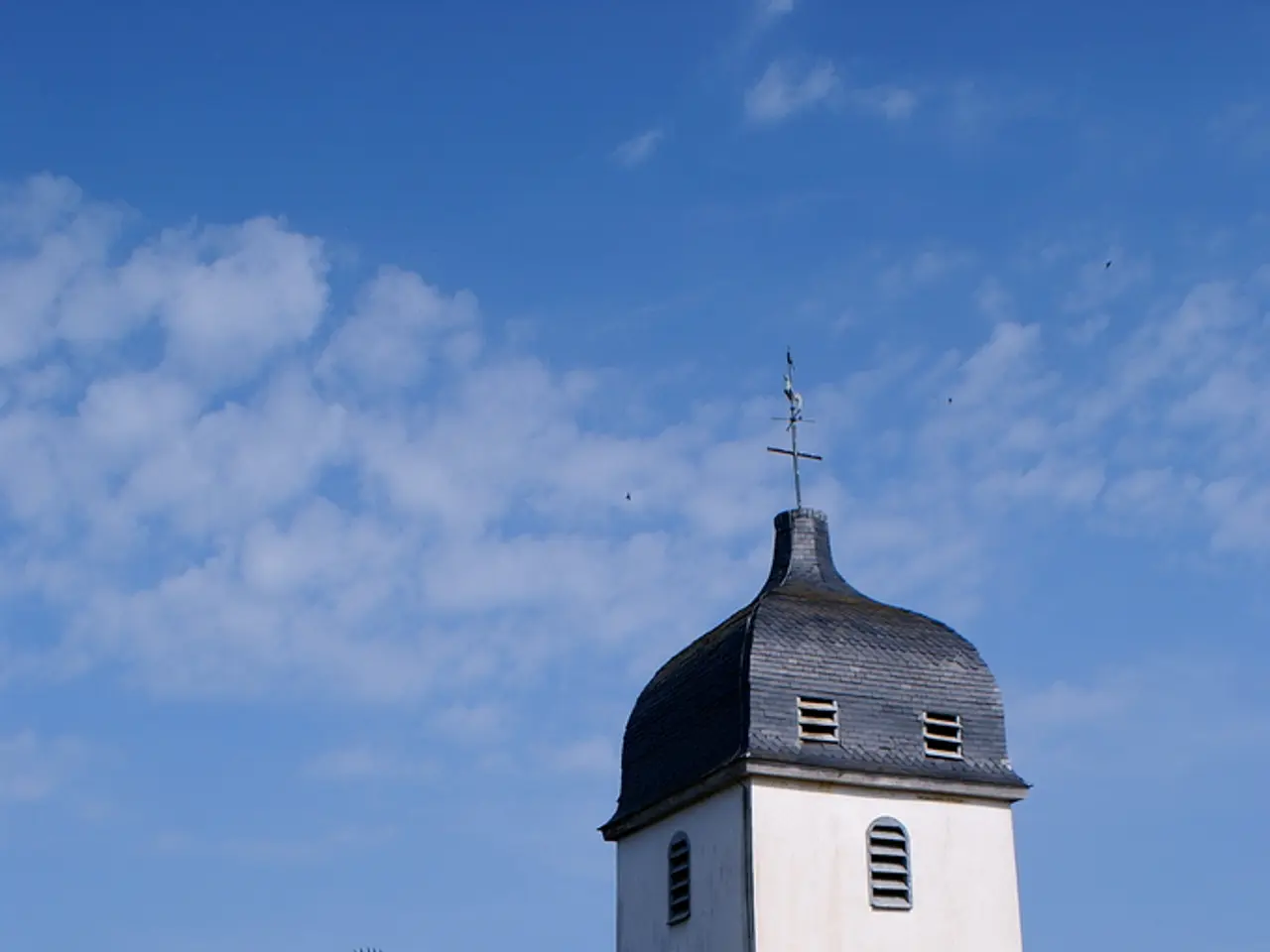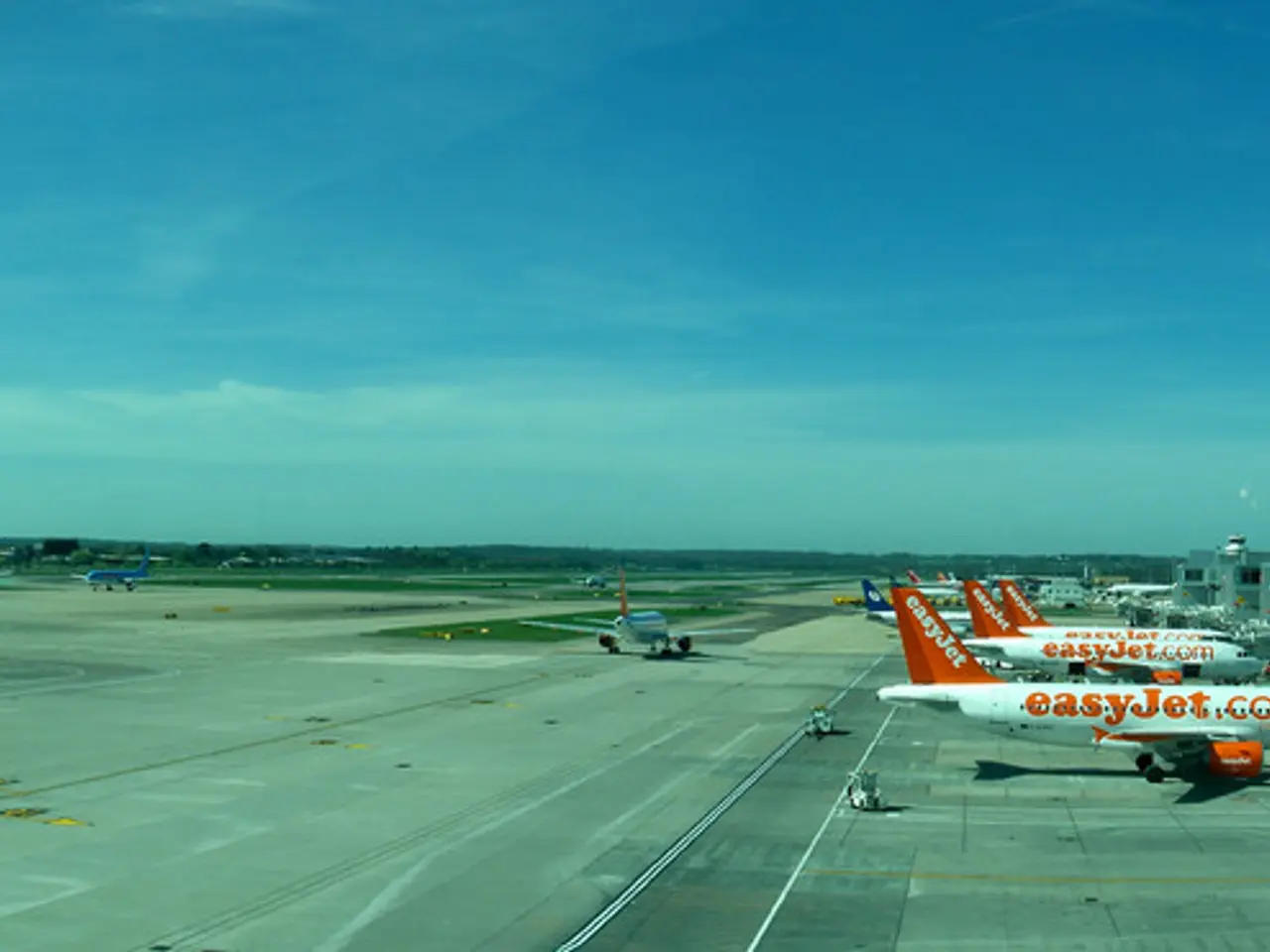Church Asylum Dips: Fewer Seek Sanctuary in Saxony-Anhalt's Houses of Worship
Churches Offering Sanctuary in Saxony-Anhalt Decreasing Significantly - Reduced Number of Church Sanctuaries Granted in Saxony-Anhalt
There's been a noticeable drop in the number of church asylum seekers in Saxony-Anhalt, Central Germany, as reported by the Evangelical Church in Central Germany (EKM). After 49 cases in 2023 and 38 in the year prior, this year saw only 13 instances. A spokesperson from Magdeburg detailed that most of these cases have already been settled.
"Clergy members report a spike in inquiries about church asylum, but this increase in curiosity isn't reflected in the number of actual granted asylums, which is plummeting," the spokesperson shared upon request.
Each church asylum case is considered on a case-by-case basis, focusing on humanitarian crises or distress. "As a church, it's our moral duty to aid those in dire straits. The Dublin Regulation doesn't encompass all humanitarian scenarios, notably those pertaining to family," the spokesperson asserted. Additionally, there remain countries that refugees are reluctant to return to, fearing additional trauma beyond what they've already faced. "The local church takes all these factors into consideration when making decisions."
Understanding Church Asylum
With fewer individuals opting for church asylum in Saxony-Anhalt, various explanations might account for this decline.
- Enhanced deportation activities in Saxony-Anhalt occurred in 2024, with 654 deportations carried out – marking a 22% increase from the previous year. This escalated enforcement likely reduced the number of individuals resorting to church asylum as a last resort against deportation.
- The Federal Office for Migration and Refugees (BAMF) expedited the processing of outstanding asylum cases from the past in 2024, reducing average appeal processing times in Saxony-Anhalt to about 8.3 months. This streamlined process could have alleviated the backlog of unresolved asylum claims, minimizing the need for church asylum.
- More appeals against BAMF decisions were filed nationally in 2024, indicating a dynamic legal landscape, yet the expedited asylum proceedings in Saxony-Anhalt might have prevented desperation cases leading to church asylum.
- Though not directly indicated in the findings, the rise of right-wing political parties such as the Alternative for Germany (AfD), which hold power in Saxony-Anhalt, may create a more restrictive environment for asylum and migrant assistance, indirectly discouraging church asylum cases.
On the whole, the decrease in church asylum seekers in Saxony-Anhalt is mainly attributed to stepped-up deportations and faster processing of asylum applications by the authorities, which restricts the window and necessity for church asylum as a means of protection against deportation. The political context may also be a factor by establishing a less welcoming environment for such instances.
- Despite the increase in inquiries about church asylum, the number of granted asylums in Saxony-Anhalt has significantly decreased, potentially due to an increase in deportation activities and faster processing of asylum applications, as well as a more restrictive political environment.
- In the realm of general-news, the decline in church asylum seekers in Saxony-Anhalt may be linked to vocational training opportunities for refugees. However, there is a lack of evidence supporting this correlation, and it remains to be seen whether vocational training can effectively address the root causes behind the decrease in church asylum cases.





